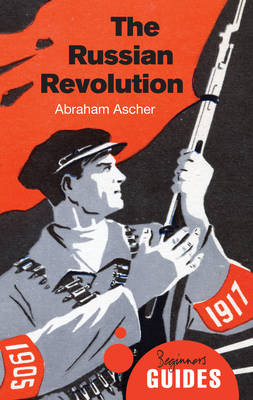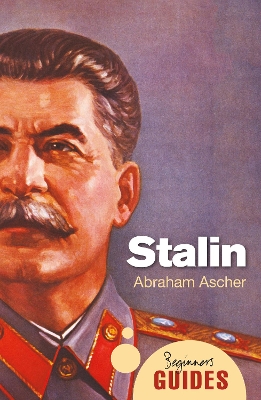Beginner's Guides
2 total works
1917: the year a series of rebellions toppled three centuries of autocratic rule and placed a group of political radicals in charge of a world power. Here, suddenly, was the first modern socialist state, “a kingdom more bright that any heaven had to offer”. But the dream was short-lived, bringing in its wake seventy years of conflict and instability that nearly ended in nuclear war.
How could such a revolution take place and what caused it to go so very wrong? Presenting a uniquely long view of events, Abraham Ascher takes readers from the seeds of revolution in the 1880s right through to Stalin’s state terror and the power of the communist legacy in Russia today. Original and shrewd, Ascher’s analysis offers an unparalled introduction to this watershed period in world history
Like his contemporary, Adolf Hitler, Stalin was responsible for millions of deaths and inflicted barbaric cruelty on the Soviet people. But while Hitler is readily portrayed as a monster, Stalin has not been subjected to quite the same level of vitriol. In Stalin: A Beginner's Guide, renowned historian Abraham Ascher analyses new and old sources, separating truths from falsehoods to present an unvarnished portrait of the Soviet leader.

